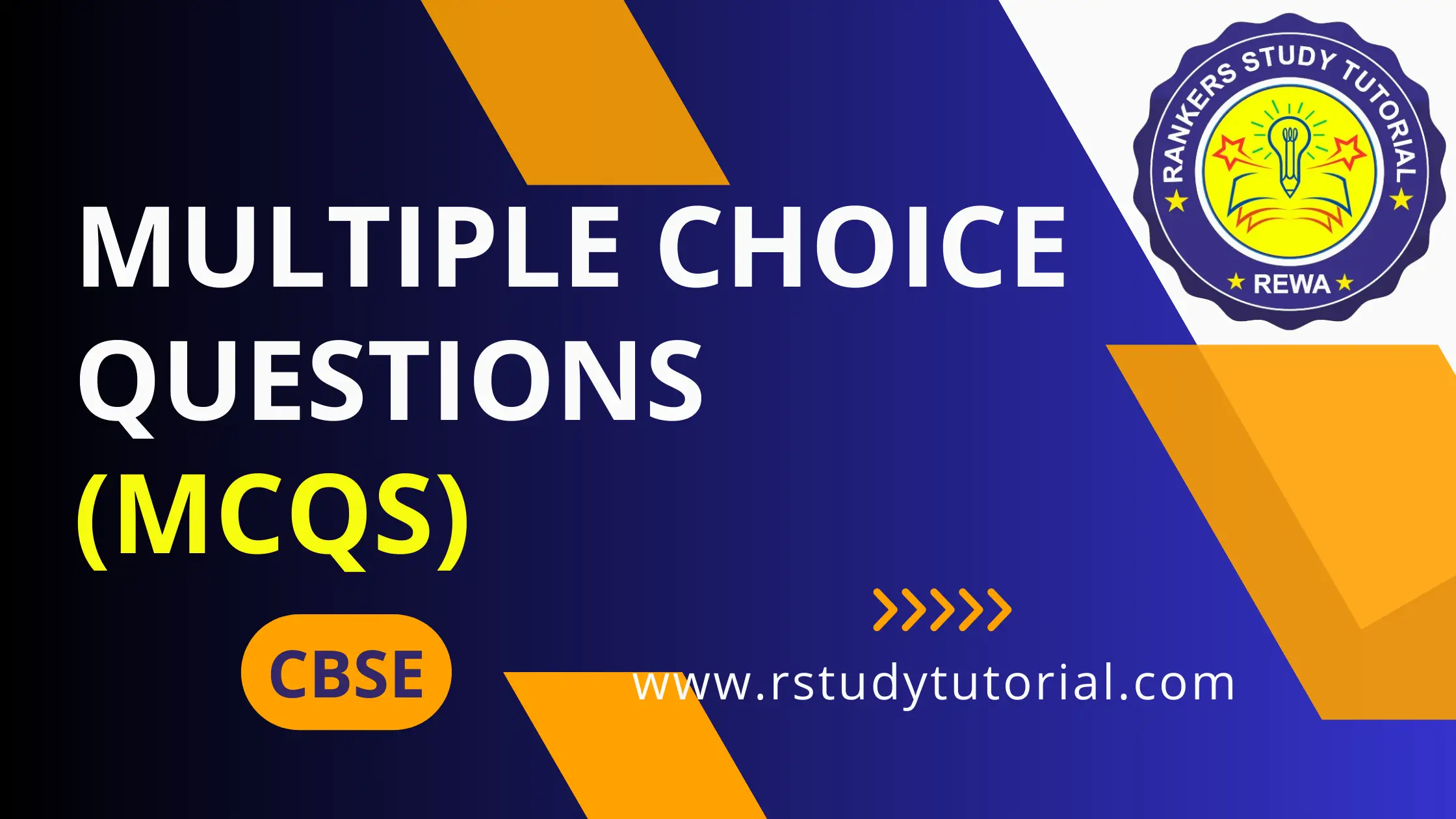Multiple choice questions
Are you looking for MCQs of 10 IT (402) – Chapter 4 Entrepreneurial Skills II? You are at the right place. All the Extra Questions, Revision Notes, MCQs are available here. All the study materials are completely FREE.
Read the questions carefully and circle the letter (a), (b), (c) or (d) that best answers the question.
Click on Start to Start the Quiz

